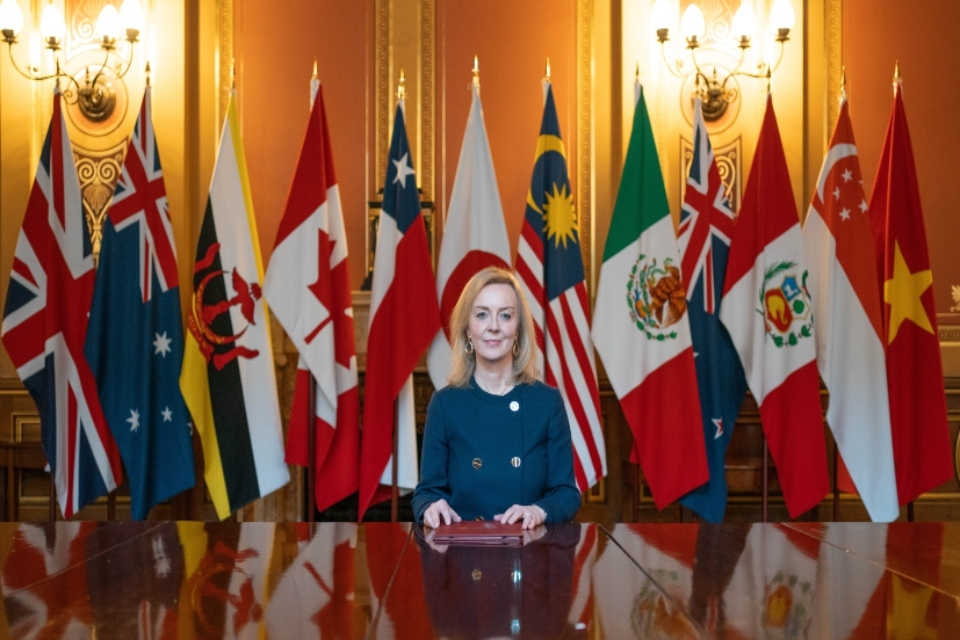
Practical information
The UK is the first State which formally applied to join the CPTPP. Its bid was accepted in early June.

The UK’s accession to the deal would potentially be a major game changer, turning the CPTPP into a like-minded middle-power club that promotes liberal economic norms. As this year’s chair of the CPTPP commission, Japan is likely to be a key player in the negotiation. The implications of the UK’s accession will be wide-ranging for the CPTPP nations (and in particular for Japan), for the UK, for the EU and for the global trading system as a whole. This webinar will gather experts to compare notes on the UK’s accession to the CPTPP and its various implications.
The webinar will be held in English.
PROGRAMME
Chair: Françoise NICOLAS, Director, Center for Asian Studies, Ifri
- Minako MORITA-JAEGER, Senior Research Fellow in International Trade, University of Sussex Business School; Policy Research Fellow, UK Trade Policy Observatory
- Erik VAN DER MAREL, Economist at European Center for International Political Economy (ECIPE)
- Rohini ACHARYA, Chief of the Regional Trade Agreements Section, Trade Policies Review Division, World Trade Organization
Other events

Paris Naval Conference 2026: Naval Rearmament and Operations in Contested Waters
This fourth edition of the Paris Naval Conference (CNP), bringing together high-level military, industrial, and academic speakers, will address the challenges associated with general naval rearmament and naval operations in increasingly contested environments.





